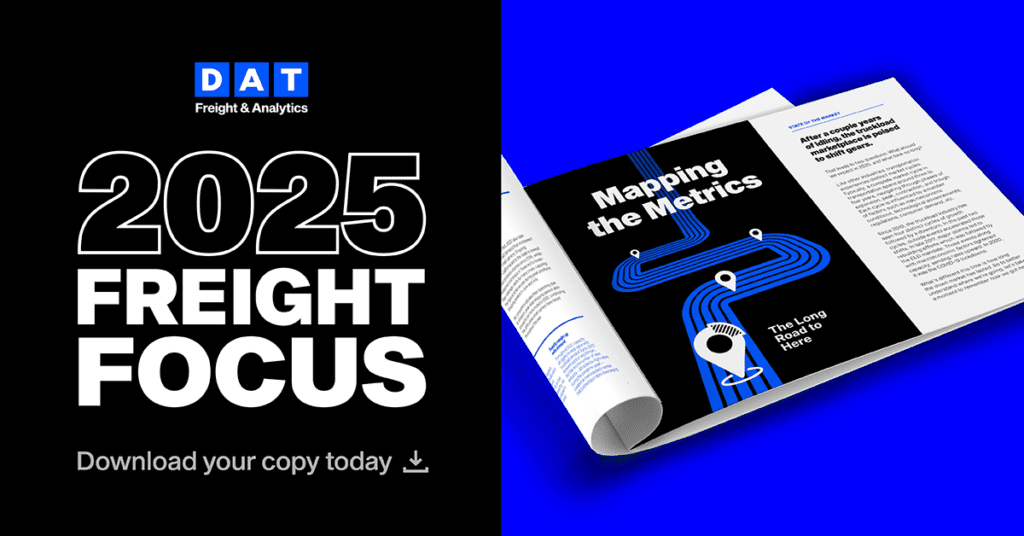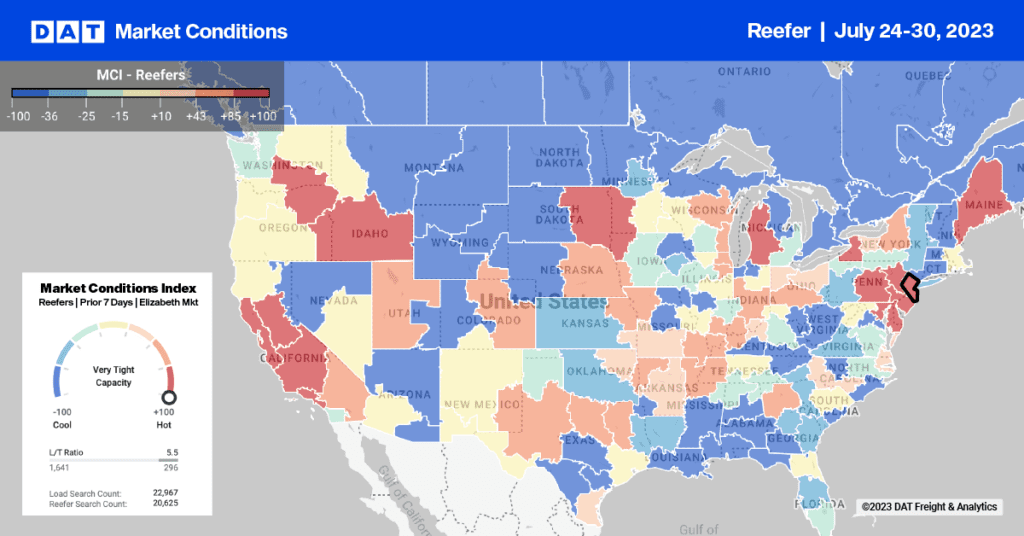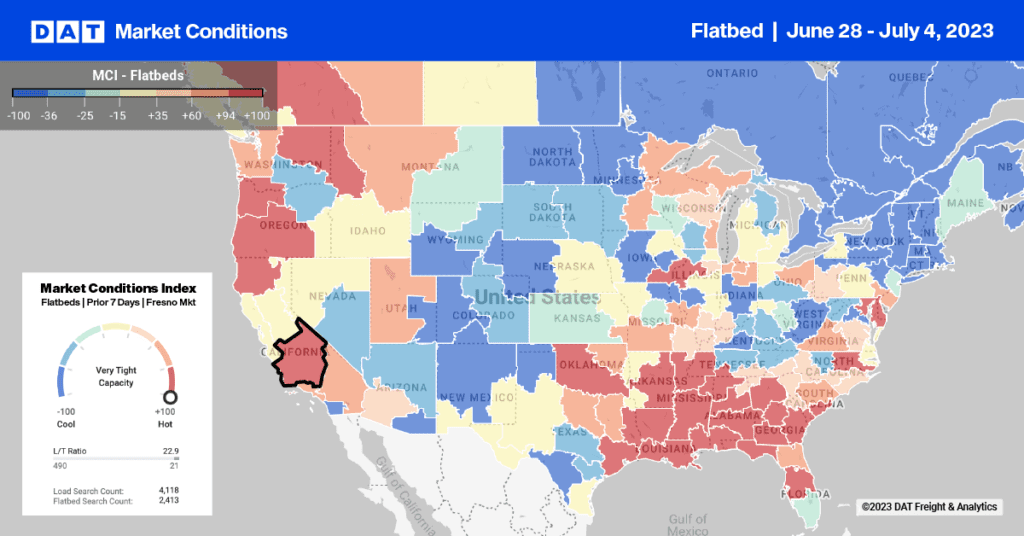 2012 was a year full of rulings, but few of them took immediate effect. Headlines in 2013 will likely focus on the impact of these rulings. First up is CARB compliance for reefer units, which brokers must verify beginning on January 1, as part of their carrier qualification process for all freight moves in California. By July, broker authority will require a $75,000 surety bond to replace the current $10,000 bond.
2012 was a year full of rulings, but few of them took immediate effect. Headlines in 2013 will likely focus on the impact of these rulings. First up is CARB compliance for reefer units, which brokers must verify beginning on January 1, as part of their carrier qualification process for all freight moves in California. By July, broker authority will require a $75,000 surety bond to replace the current $10,000 bond.
Here is a recap of the regulations that shaped trucking in 2012, plus a look ahead at 2013:
MAP-21 – Congress passed the “Moving Ahead for Progress in the 21st Century” (MAP-21) Act in July. In addition to the core highway and infrastructure funding, some portions of the 599-page law have a direct impact on commercial fleets and intermediaries. Here are a few highlights:
• Freight forwarders, brokers and carriers must disclose family relationships with owners of other transportation companies
• Funding was allocated to create a unified registration system (URS) that will consolidate FMCSA and DOT databases. Meanwhile, the FMCSA will use its own data to verify that the carriers they shut down with safety violations do not get authority as “reincarnated” carriers under new MC numbers.
• Electronic on-board recorders (EOBRs) will be required on all commercial fleets, but the rule won’t be finalized until late 2013 and it will be another two years or more before the mandate takes full effect.
• The broker surety bond amount is rising from $10,000 to $75,000, as of July 1. Anyone who brokers freight, including carriers, must have separate brokerage authority and a bond.
• Additional details on MAP-21 provisions are found here.
CARB – By now, carriers planning to haul in or through California should have registered with the California Air Resources Board, and have a plan to update their equipment to comply with the state’s carbon emissions standards. Beginning January 1, shippers and brokers will be required to verify that reefer trucks hauling for them in California have CARB-compliant Transport Refrigeration Units (TRU.) Fleets will also be required to use low-rolling resistance tires and aerodynamic devices on all Class 8 trucks and van trailers operating in California, but enforcement will be phased in over the next four years. Trucks manufactured in 2011 or later are probably compliant already, but aftermarket solutions can be installed on older trucks in accordance with SmartWay guidelines. SmartWay carriers and brokers can find each other through DAT CarrierWatch and the DAT Directory.
CSA – The FMCSA has been tweaking the Compliance Safety Accountability (CSA) program, in response to legal challenges and other objections. There were concerns that CSA enforcement would put a strain on scarce capacity, but these fears have not yet materialized. CSA does not yet offer a Safety Fitness Determination (SFD) score, which shippers and brokers consider to be the most important piece of the carrier qualification puzzle. We may not see the SFD until 2014, and enforcement will probably take even longer.
There are two additional articles in the 2012 Year-End Review series, one about the economy and its impact on trucking, and another that focuses on supply chain trends.


